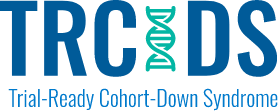Make a difference by joining TRC-DS
People with Down syndrome can help find treatments, and one day a cure, for Alzheimer’s disease.
Researchers want to deliver the most promising Alzheimer’s treatments to people with Down syndrome, but they cannot do it alone.
Because people with Down syndrome have the same brain changes as those with Alzheimer’s disease, they are at very high risk for Alzheimer’s disease dementia and are an important population to consider as we develop therapies for Alzheimer’s research.
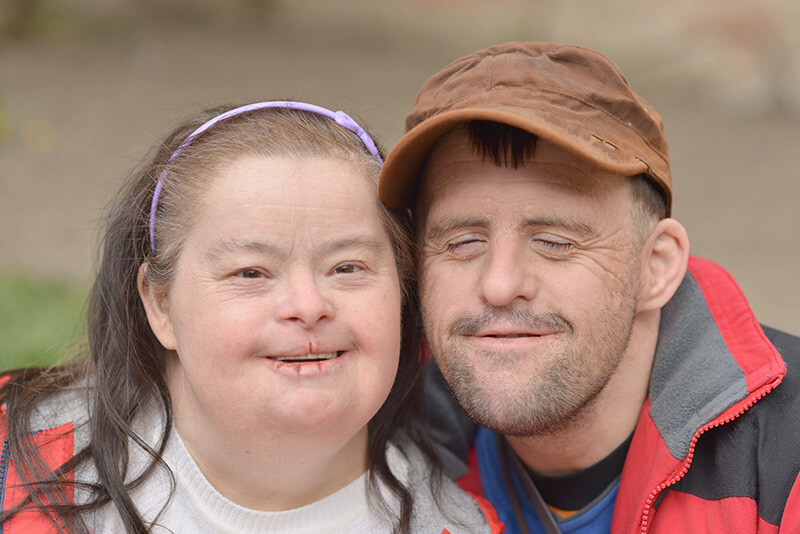
About TRC-DS
The Trial-Ready Cohort-Down Syndrome, or TRC-DS, matches people with Down syndrome to clinical trials related to Alzheimer’s disease. TRC-DS routinely monitors study participants for any changes to their brain health or function over time through blood tests and brain imaging to eventually match them with applicable Alzheimer’s disease clinical trials. Because participants are routinely evaluated, researchers can fast-track them for enrollment into qualifying clinical studies as soon as they are eligible and matched with one.
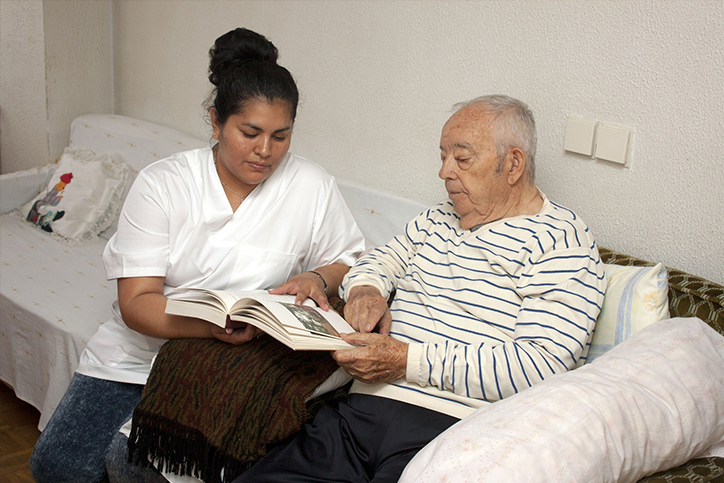
TRC-DS participants become part of a community of potential clinical trial participants who could help find a cure for Alzheimer’s disease.
Who is eligible?
TRC-DS seeks at least 350 people with Down syndrome as participants.
Who is Eligible?

Healthy adults between the ages of 25 and 55 with Down syndrome

People interested in supporting clinical research

People who will visit their nearest research center once every 16 months for physical exams like blood pressure checks and blood draws, and memory skills tests, and brain scans to measure changes in their brain health and function
Why Down Syndrome?
Interested participants should contact their nearest TRC-DS research location
How it works
People with Down syndrome can make a difference in Alzheimer’s research.

Once evaluated and deemed eligible, participants enroll in TRC-DS where they continue in-person visits once every 16 months until deemed eligible for an enrolling Alzheimer’s disease clinical trial.
Who’s Involved
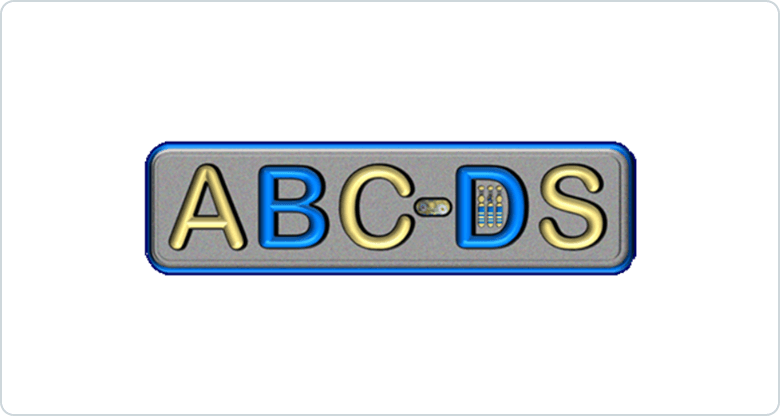
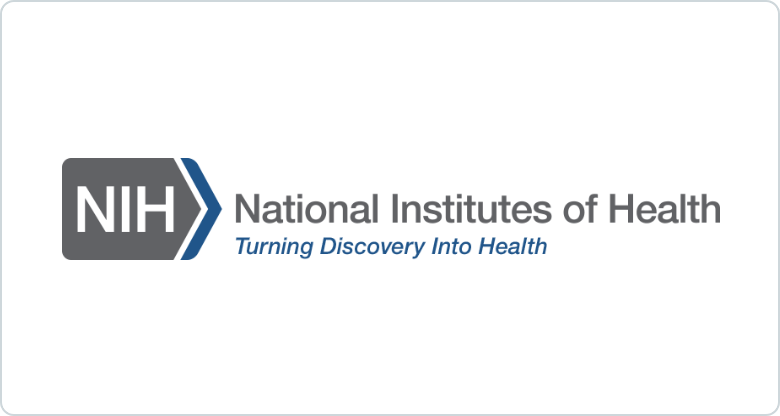
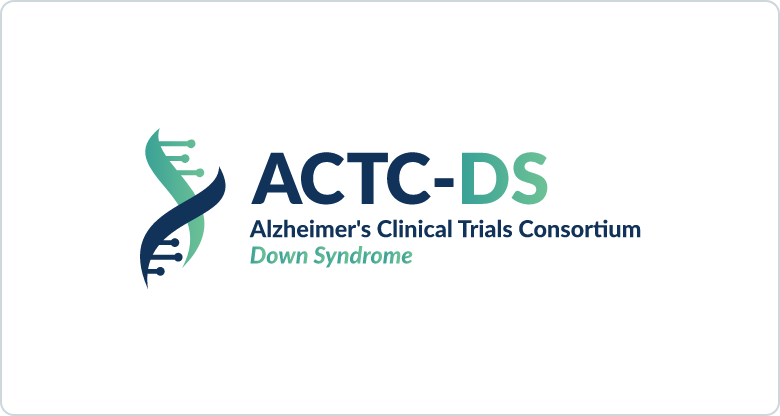
The project is led by:

Michael Rafii MD, PhD
Principal Investigator of the NIH-funded Alzheimer’s Clinical Trial Consortium - Down Syndrome (ACTC-DS)
Professor of Clinical Neurology at the University of Southern California’s Keck School of Medicine.
A Broad Movement
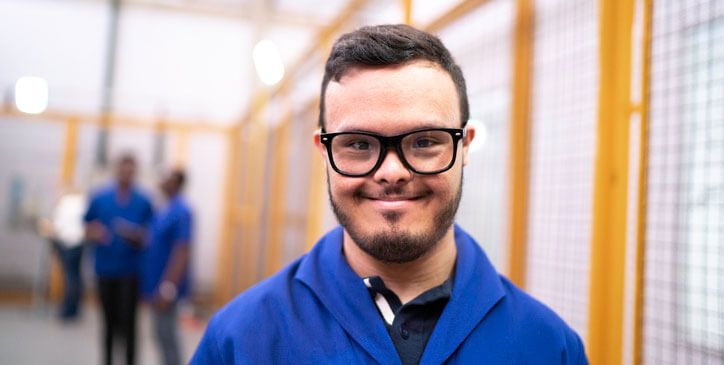
TRC-DS is part of a larger movement working with people with Down syndrome to advance Alzheimer’s disease therapies and potential cures for this population.
The Alzheimer’s Clinical Trials Consortium-Down Syndrome (ACTC-DS) is a large collaboration of researchers conducting clinical trials for Alzheimer’s disease in people with Down syndrome. TRC-DS is the first of these studies and has the goal of creating a group of eligible participants with Down syndrome who are interested in participating in future clinical trials.
The ACTC-DS coordinating center is based at the University of Southern California’s Alzheimer’s Therapeutic Research Institute and conducts research studies across several international clinical sites. Additionally, ACTC-DS is working closely with the Alzheimer’s Biomarkers Consortium-Down Syndrome (ABC-DS), an observational study of Alzheimer’s disease in people with Down syndrome. ABC-DS and TRC-DS have partnered together to co-enroll participants in both studies at all ABC-DS sites.
